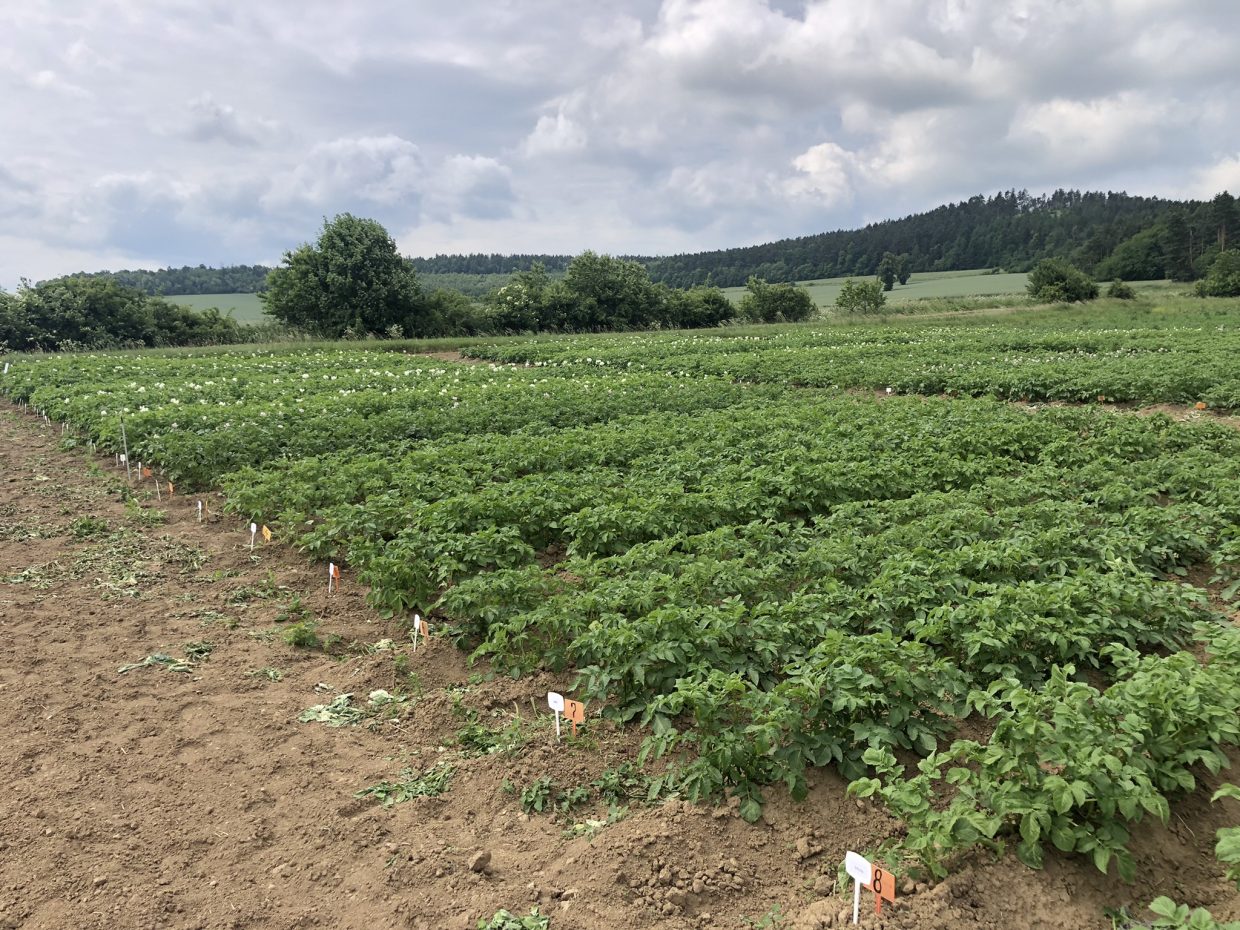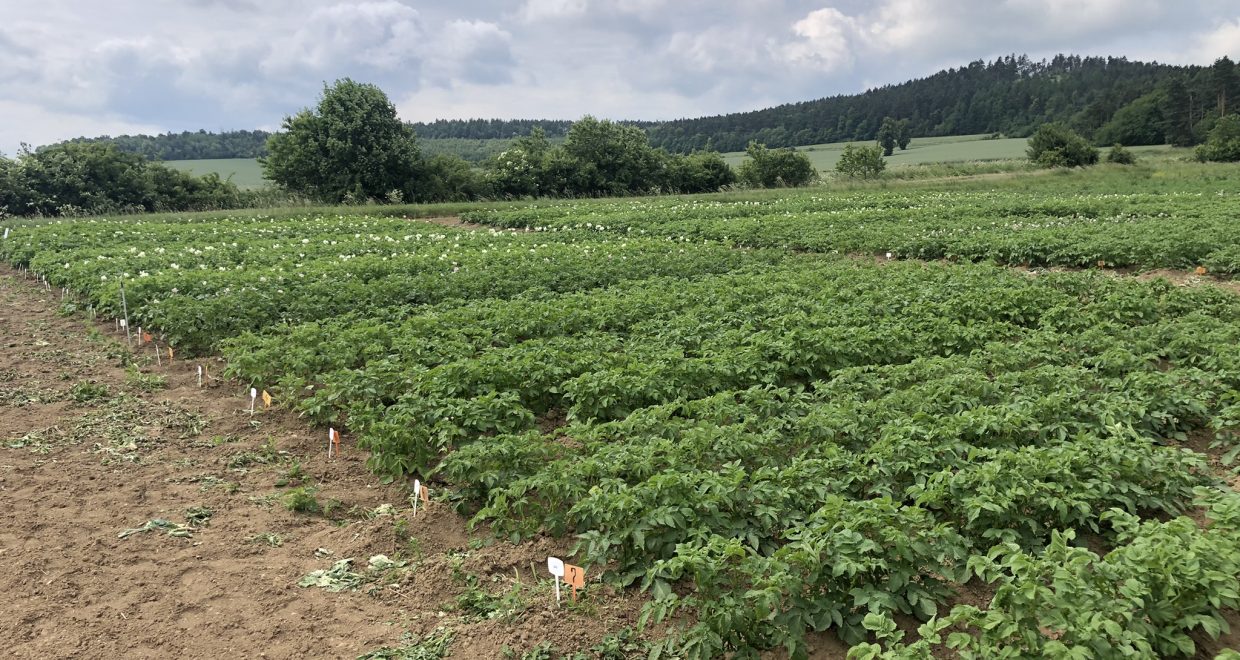Organic system vs conventional: a perspective from Poland, Potato yielding stability and yield gap
The paper “Organic system vs. conventional – a Bayesian analysis of Polish potato post-registration trials“, published in The Journal of Agricultural Science, has been chosen as the latest Editorial Highlight and is freely available to download for one month.
Interest in organic agriculture worldwide is growing, mainly supported by a strong consumer interest. This can be measured by the value of retail sales of organic products, which grew to an impressive 44.2 billion euros in the European Union (EU). The market trend is still growing. For this reason in many EU countries, variety offices (the authorities in charge of variety testing) started an organic value-for-cultivation-and-use (VCU) variety testing for national listing of cereals. For example, in Austria a VCU testing system of varieties for the organic system has existed since 2002. In Poland, new varieties of important species are assessed prior to the registration in value-for-cultivation-and use (VCU) trials, and then in post-registration trials. Based on the results of post-registration trials a recommendation to the farmers is given. Since 2014, COBORU runs organic registration trials with potatoes, cereals and peas, first only in Węgrzce experimental station and from 2019 in nine additional locations. As in conventional post-registration trials for potatoes, the main characteristic in organic trials is tuber yield. Only stable and high-yielding varieties are recommended for cultivation.

It is believed that cultivation of crops in EU (including Poland) under organic conditions, including potatoes, will grow in the coming years. For this reason, it is important to introduce stable and high yielding varieties to the cultivation. Usually, stability of agronomic traits is assessed in multi-environment trials. A common approach is to analyse these trials a using a two-stage approach, where each combination of year and site is treated as an environment. In the literature, several stability measures have been described, e.g., Shukla’s stability variance, superiority stability coefficient. Whereas the stability analysis is routinely performed for traits assessed in the conventional system, little attention has been paid in the literature to stability of traits in the organic system.
The aim of the study was to compare organic and conventional systems in terms of potato tuber yield based on the results from Polish organic and conventional series of field trials. Moreover, we propose a Bayesian approach to the variety environment system data set. By using the predicted means for environment system interaction from our model, we investigated the difference in yields between the two systems. Based on the posterior estimates from our Bayesian model, the stability of varieties in both agronomic systems was assessed by two stability measures. Additionally, we calculated for each variety in a given system a probability that the variety mean in that system exceeds the mean of control varieties in that system. The study found that the tuber yield in the organic system was approx. 44% lower than the tuber yield in the conventional system. Moreover, varieties Tajfun and Otolia (recommended by FIBL) were the most stable and highest yielding varieties in the organic system, whereas in the conventional system, the variety Jurek was the most stable and highest yielding variety among the tested varieties.
The Journal of Agricultural Science Editorial Highlights are selected by the Editor-in-Chief and are freely available for one month. View the recent selections here.






